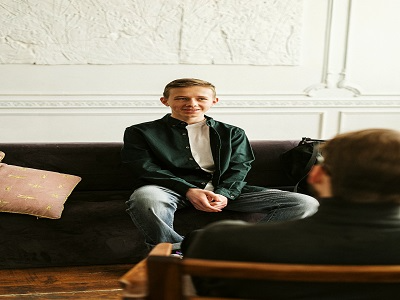
Understanding Autism Symptoms: A Guide for Early Detection and Support by Amy Pfeffer Orchard Park
02-19-2024
Autism Spectrum Disorder (ASD) is a complex developmental condition that affects communication, behavior, and social interaction in varying degrees. Recognizing the symptoms of autism is crucial for early intervention, which can significantly improve the quality of life for individuals with autism. This article aims to provide a comprehensive overview of autism symptoms, aiding in the early detection and understanding of this condition, as described by Amy Pfeffer Orchard Park.
Early Signs in Infants and Toddlers
In the first few years of life, early signs of autism might include a lack of eye contact, limited responsiveness to their name, and a scarcity of smiling or social babbling compared to peers. Infants with autism may also show less interest in social games like peek-a-boo or may not use gestures to communicate, such as pointing or waving goodbye.
Communication Challenges
Children with autism often face difficulties with both verbal and non-verbal communication. They may have delayed speech development or not speak at all. Those who do talk might repeat phrases (echolalia) or uniquely use language. Understanding gestures, facial expressions, or tone of voice can also be challenging, making social interaction complex.
Social Interaction Difficulties
Individuals with autism may struggle with understanding social cues, such as maintaining eye contact or recognizing personal space boundaries. They might not engage in play with peers or could show limited interest in making friends, preferring solitary activities instead.
Repetitive Behaviors and Restricted Interests
A key symptom of autism is engaging in repetitive behaviors, such as rocking, spinning, or hand-flapping, and having a strict adherence to routines. Changes in routine can cause distress. Additionally, individuals may have intensely focused interests in specific topics or objects.
Sensory Sensitivities
Many with autism have unusual responses to sensory input. This can include hypersensitivity or under-reactivity to sounds, lights, touch, tastes, or smells. These sensory preferences can influence behaviors and routines significantly.
Recognizing the symptoms of autism early can open pathways to support and intervention, helping individuals with ASD to develop their potential fully. If you suspect a child may have autism, consulting with a healthcare professional for an evaluation is a crucial step. Remember, autism is a spectrum, meaning symptoms vary widely in severity and form, requiring a personalized approach for each individual.








